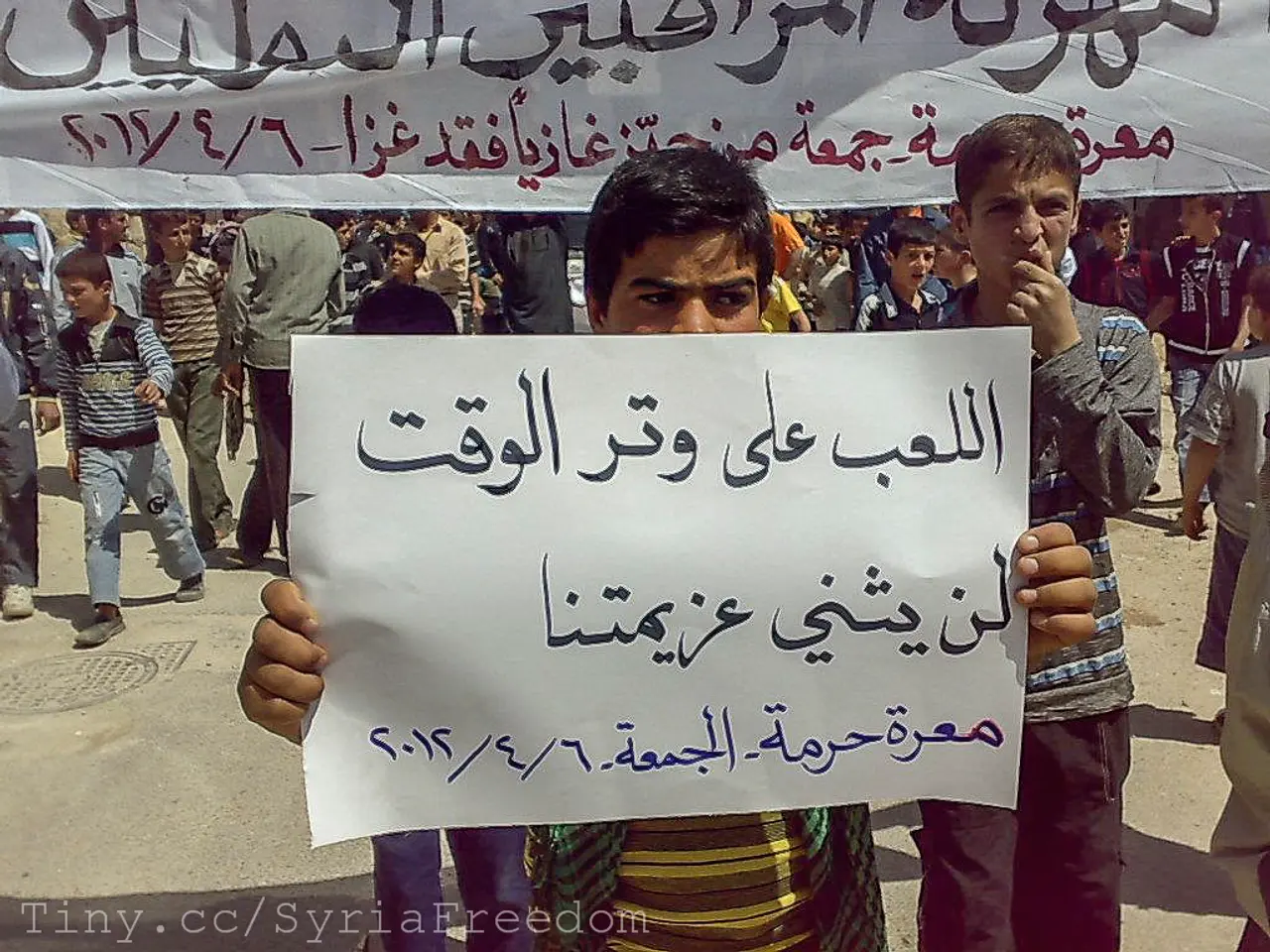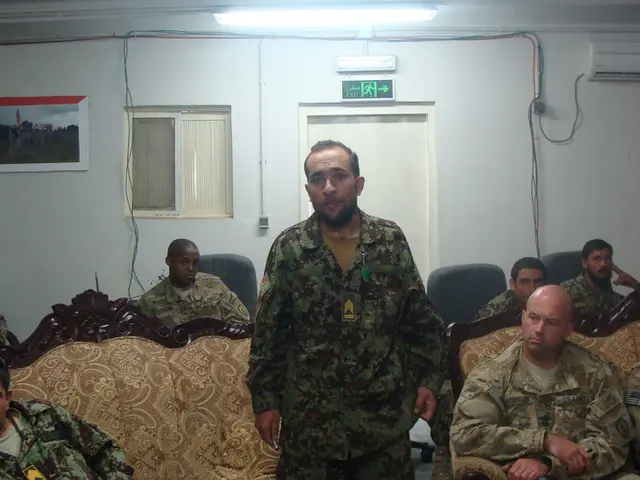Violent demonstrations resulting in 22 fatalities and 200 injuries occur in Angola due to fuel price increase followed by public backlash.
In the oil-rich nation of Angola, violent protests over the government's decision to remove fuel subsidies and raise diesel prices have resulted in at least 22 people killed and 197 injured, with over 1,200 people arrested during the unrest, according to official statements from the Angolan government and Interior Minister Manuel Homem [1][2][5].
The protests, which began on July 28, spread from the capital, Luanda, to at least six other provinces [1]. One of the deceased was a police officer, and the causes of death were not fully detailed by authorities [2]. The protests were triggered by the government's decision to cut fuel subsidies and raise fuel prices by more than 30%, causing public uproar and transport fare hikes by about 50% [1][2].
Reports indicate that the violence involved looting, rioting, and widespread insecurity, necessitating army deployment to restore order [1]. Human Rights Watch and Amnesty International have highlighted concerns about excessive use of force by security forces during the protests [1][3].
The taxi and minibus associations, essential public transport providers in Angola, hiked fares by 50% and launched a three-day strike starting on July 28, 2025 [6]. The government has not provided details about how the 22 victims died [2].
Critics have accused the Angolan government, ruled by the MPLA since independence from Portugal in 1975, of using excessive force during the protests. Human Rights Watch has previously accused Angolan security forces of using excessive force during earlier protests [4].
References:
[1] "Angola protests: At least 22 killed, 200 injured in fuel price unrest." BBC News, 29 July 2025. www.bbc.com/news/world-africa-58018407
[2] "Angola: Death toll rises in fuel price protests." Al Jazeera, 29 July 2025. www.aljazeera.com/news/2025/7/29/angola-death-toll-rises-in-fuel-price-protests
[3] "Angola: Human Rights Watch Calls on Authorities to Investigate Use of Excessive Force During Protests." Human Rights Watch, 30 July 2025. www.hrw.org/news/2025/7/30/angola-human-rights-watch-calls-authorities-investigate-use-excessive-force-during
[4] "Angola: Human Rights Watch Calls for Investigation into Excessive Use of Force by Security Forces." Amnesty International, 29 July 2025. www.amnesty.org/press-releases/angola-human-rights-watch-calls-for-investigation-into-excessive-use-of-force-by-security-forces
[5] "Angola protests: Death toll rises as unrest continues." Reuters, 30 July 2025. www.reuters.com/world/africa/angola-protests-death-toll-rises-unrest-continues-2025-07-30/
[6] "Angola protests: Taxi and minibus associations hike fares by 50%." The Guardian, 28 July 2025. www.theguardian.com/world/2025/7/28/angola-protests-taxi-and-minibus-associations-hike-fares-by-50-percent
Read also:
- Massive 8.8 earthquake hits off the coast of Russia's Kamchatka Peninsula, prompting Japan to issue a tsunami alert.
- Court petitions to reverse established decision on same-sex marriage legalization
- Proposed Standardization of Food Labeling Laws Among Member States by the Commission
- Current News: AfD Achieves 26% - Union Dips to Laschet's Level








